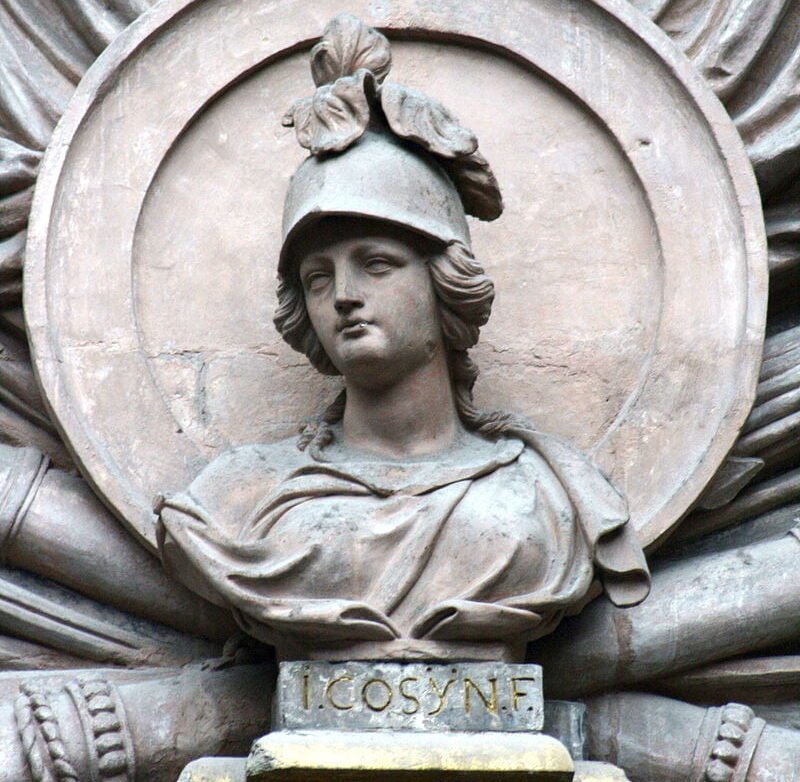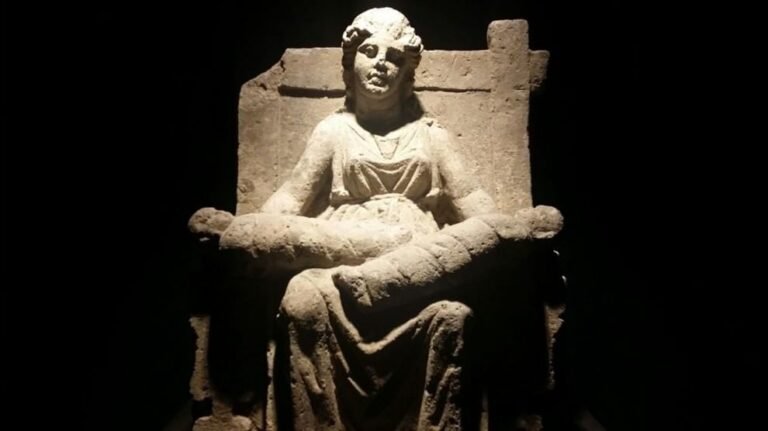Ancient Rome is both the city and the state it founded in Antiquity. This grouping of villages in the 8th century BC. BC managed to dominate the entire Mediterranean world and Western Europe from the 1st to the 5th century through military conquest and the assimilation of local elites. Its domination left important archaeological traces and numerous literary testimonies. It still shapes the image of Western civilization today. During these centuries, Roman civilization went from royalty to an oligarchic republic then to an autocratic empire.
The religion or religions of the Romans is the set of religious practices and beliefs that the Romans considered to be properly Roman (we can then speak of Roman religion), as well as the numerous cults imported or practiced by the populations forming part of the Empire. Roman. In Latin, the word religio does not mean religion but rather ritual obligation and is often used in the plural. This nuance must be kept in mind to avoid terminological confusion.
The Romans considered themselves deeply religious, and they attributed the success of their empire to their collective pietas (pietas) which allowed them to maintain good relations with the gods. According to the legendary history of Rome's early centuries, most religious institutions and rites date back to the early founders, particularly Numa Pompilius, the second king. Little by little, Roman law separated itself from religion.

Contents
ToggleFestivals and Rites of Ancient Rome
Holidays of the month
June 3, 2025 (1 event)
June 3, 2025

celebrated Bellona. Her Bellonarii used to wound their arms or legs as a blood sacrifice for her. It included martial processions, gladiatorial contests, and rituals invoking the god's favor in battle. The festival was intended to invoke his power and protection for Rome's military efforts. #mythology #myth #legend #calendar #Rome #Bellona #3June
June 7, 2025 (2 events)
June 7, 2025

On this day, Roman fishermen celebrated Ludi Piscatorii. Fish were prepared and sacrificed to Vulcan or the Tiber. The union of fire and water was a symbol of birth. #mythology #myth #legend #calendar #7June #rome #vulcan #ludipiscatorii
June 7, 2025

On this day and for a week, the Romans celebrated Vestalia in honor of the goddess of the hearth. The temple of Vesta in which this ceremony took place was so secret that little is known about the progress of this festival. #mythology #myth #legend #calendar #rome #vestalia
June 11, 2025 (1 event)
June 11, 2025

On this day, the Romans celebrated Matralia in honor of Mater Matuta. Indigenous Latin goddess, her cult continued during the Roman Empire. She is the equivalent of the dawn goddess Aurora. #mythology #myth #legend #calendar #June 11 #matralia #matermatuta #rome
June 24, 2025 (1 event)
June 24, 2025

On this day, the Romans celebrated Fortuna, the goddess of luck. His worship comes from the legendary early kings of Rome. Temple cults are little known today. #mythology #myth #legend #calendar #June 24 #fortuna
Cultural areas of ancient Rome
The main essential characteristic of Roman religious practices is orthopraxy, a cult based on the proper execution of rites and not on faith or belief in a dogma.
The Romans nevertheless had beliefs, starting with the effectiveness of their rites addressed to numerous divine powers, that is to say superhuman, the deities. These deities have fields of action which can be linked to a place or a function.
They can have a “topical power” (linked to a place) like Capitoline Jupiter (from Capitoline Hill) or Olympian Zeus (Olympia in Greece). But they can also have a so-called “functional” specialty, like Mars who is the “god of War” (military combat as well as for harvests against insects).
The Roman religion is distinguished from other Indo-European religions by the almost total absence of religious myths featuring their gods. As a result, the Roman gods present a strange face in many respects: on the one hand attention is focused on their power of action (numen) and their intervention in history, because they do not have "over -history » metaphysics; on the other, as a consequence, they are only pale, poorly personalized figures. They are first of all powers. And the Romans, lacking their own myths, will then adopt Greek myths.
The founding myth is that of Romulus and Remus, two brothers abandoned on the banks of the Tiber and miraculously nursed by a she-wolf. Romulus, armed with the extraordinary omen of the gods constituted by twelve vultures, traced the contours of the city on the Palatine and killed his brother after the latter had crossed the furrow with a mocking air. So Rome became for the Romans not only a living space but also consecrated ground.
According to Livy, it was after the reign of Romulus that Numa Pompilius, second king of Rome, established official religious practices. After the death of Romulus, he transferred part of the religious power of the king, then at the same time warrior, legislator and priest, to priestly colleges, selected from the Fathers, characters constituting the nobility chosen by Romulus. He founded the temple of Janus, extended the colleges of the Flamins, to Mars and to Quirinus, and created the order of the Salians. He appointed a high pontiff, religious leader responsible for the proper execution of the rites.




